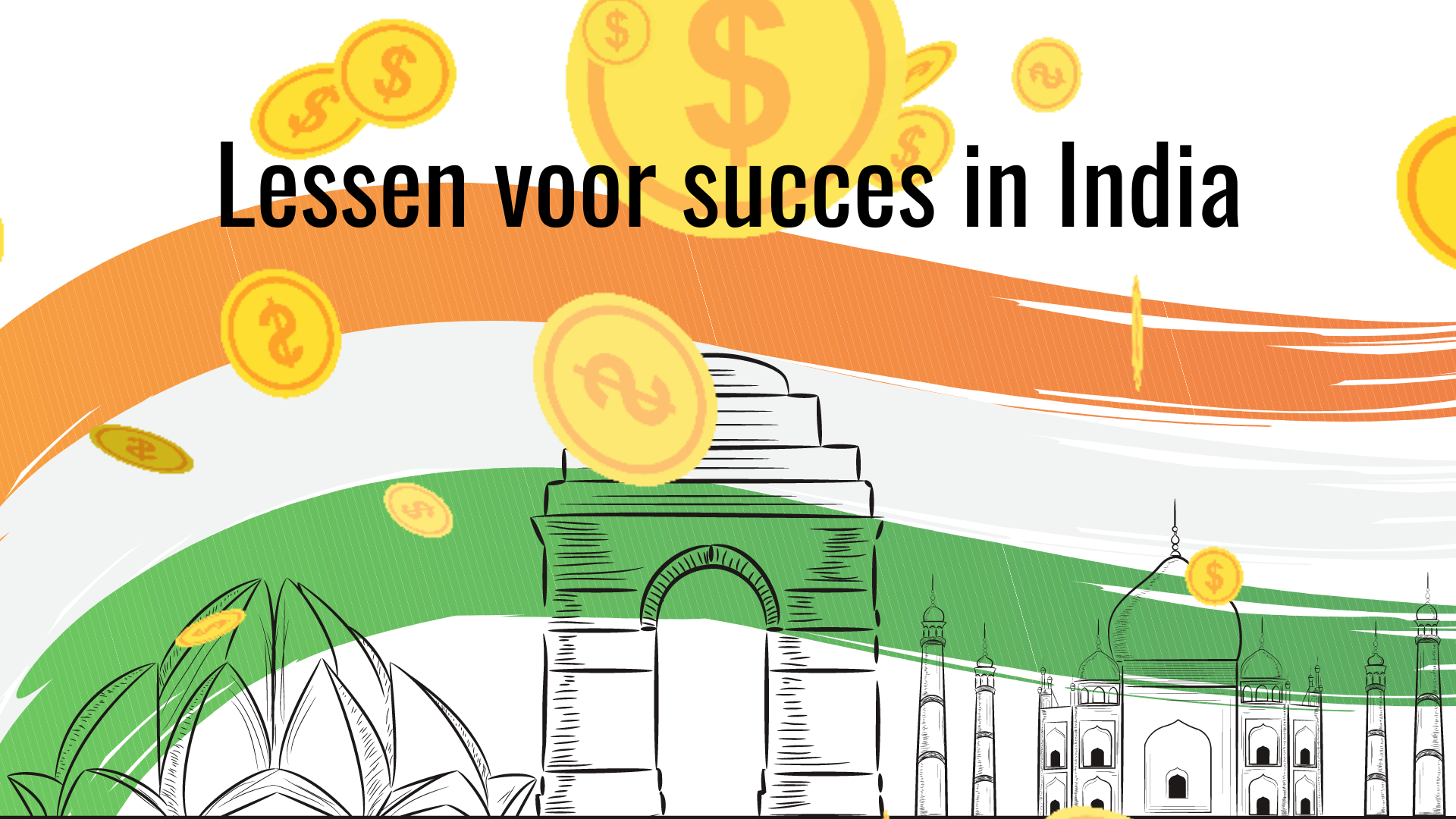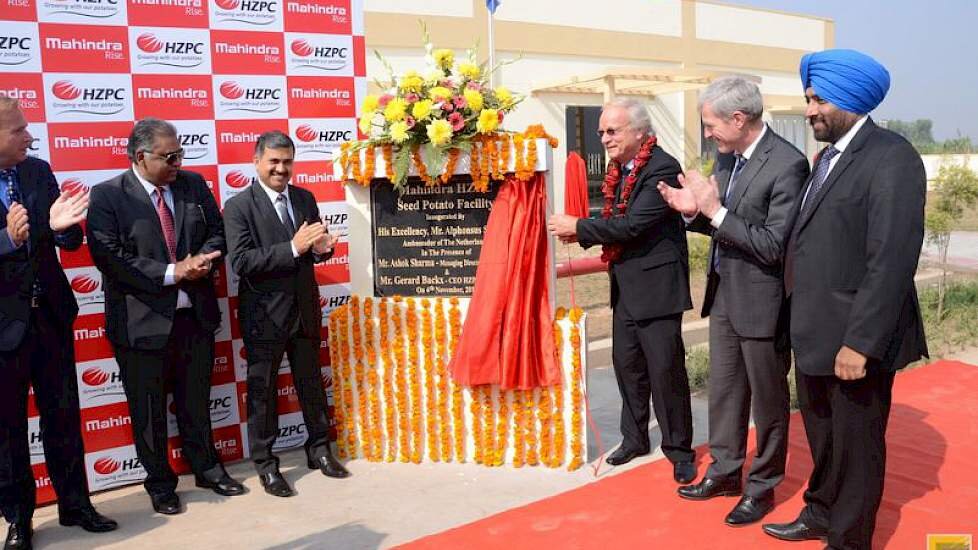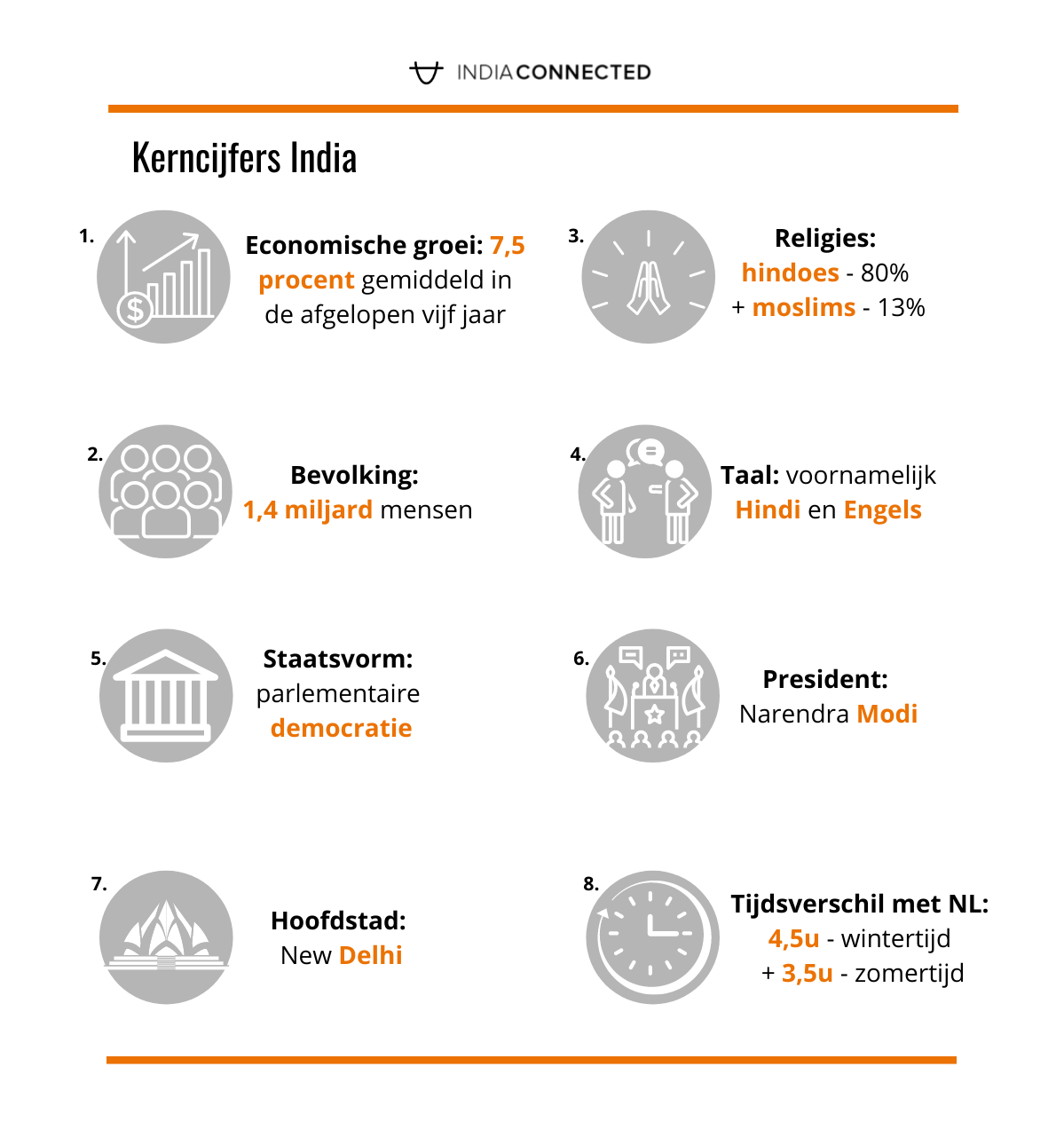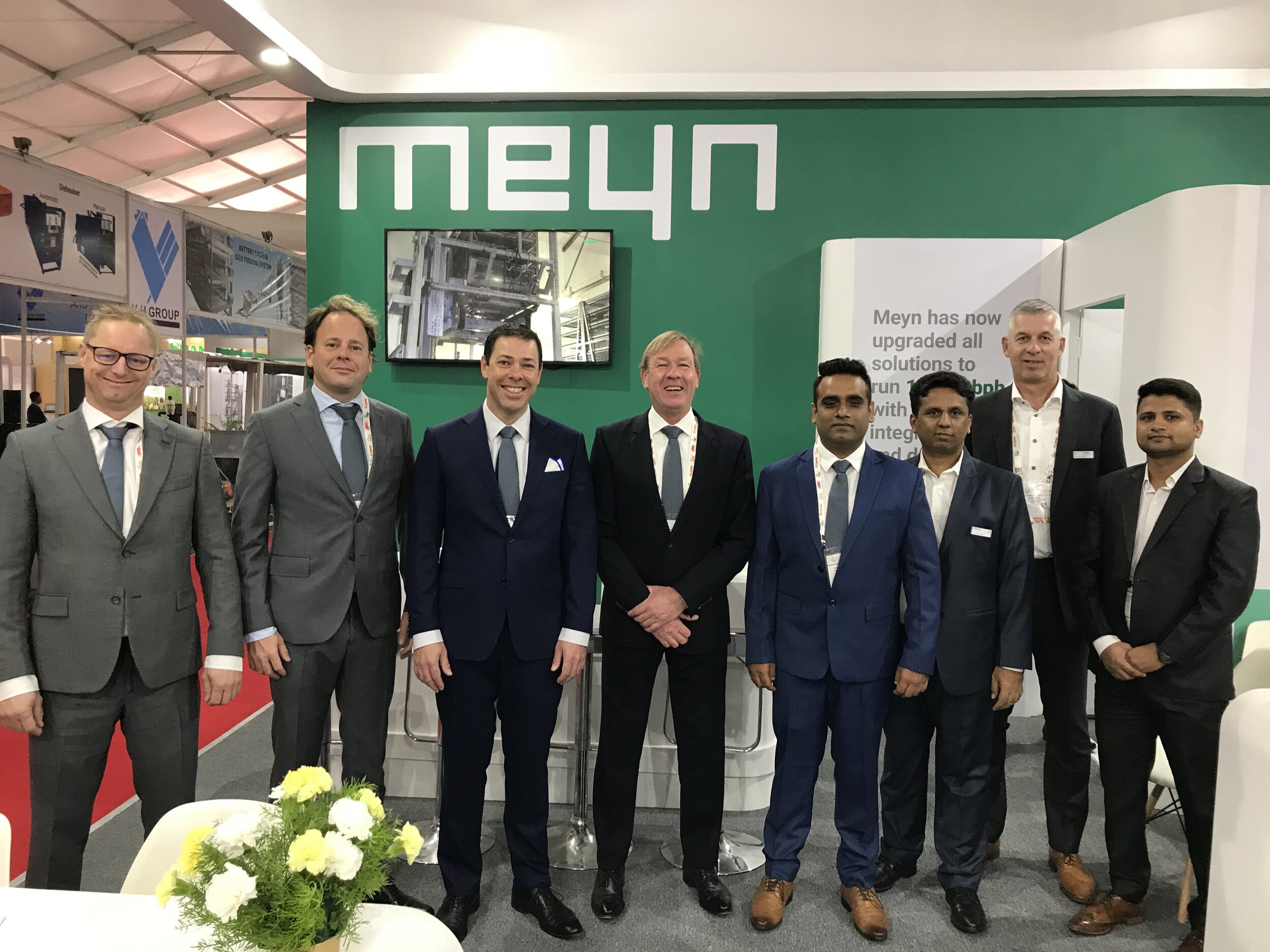India offers enormous business opportunities for Dutch companies, but entrepreneurs need to be well prepared. Five tips to avoid business failures and conflicts.
Photo: By
1. Know who you are doing business with
It is advisable to conduct thorough background research on the party you want to do business with in India. What is their reputation in the market? Who are their key customers? What does the management team look like? Does it include the shareholders? Are there any lawsuits open or is the company being sued? Have there been any legal conflicts in the past? This information is publicly available and can be made insightful by specialized Indian parties.
2. Check the experiences of international customers
The question you should always ask Indian customers as an exporter is whether they do business with international (Western) companies more often. This says something about the mentality and professionalism of the company. Don't take the Indian party's word for it, but also check with the Western party whether it is true and how the cooperation went.
3. Engage an Indian lawyer in a timely manner
Make sure you have cooperation documents drafted and reviewed by a specialized Indian lawyer. Do not wait for a contract proposal from the Indian party, but draw up your own contract together with an Indian lawyer. Then have your Indian business partner look at it and make any changes together in a second round of review. Such a thorough approach ensures involvement of both parties and produces an agreement that takes into account the Indian context.
4. Intellectual Property
India has very comprehensive intellectual property legislation. This includes all aspects that entrepreneurs may have to deal with: from copyright and trademarks to industrial design and trade and brand names. For Dutch entrepreneurs there are numerous possibilities to protect their intellectual property in India. Make sure you always have good contract templates with strong clauses that address and protect intellectual property (IP). Proper preparation and contractual protection of your intellectual property helps tremendously in case of escalation.
5. Relationship, relationship, relationship
Finally - in addition to the formal protective measures you should take - there is no more effective way for preventing business conflicts than to create a good, personal business relationship. When you have a good relationship with your Indian business partner, conflicts will rarely escalate through formal routes.
Have you run into a problem with an Indian customer or partner and the situation remains unresolved? Or would you prefer to have a background check performed? Our legal experts are ready to answer your questions.





